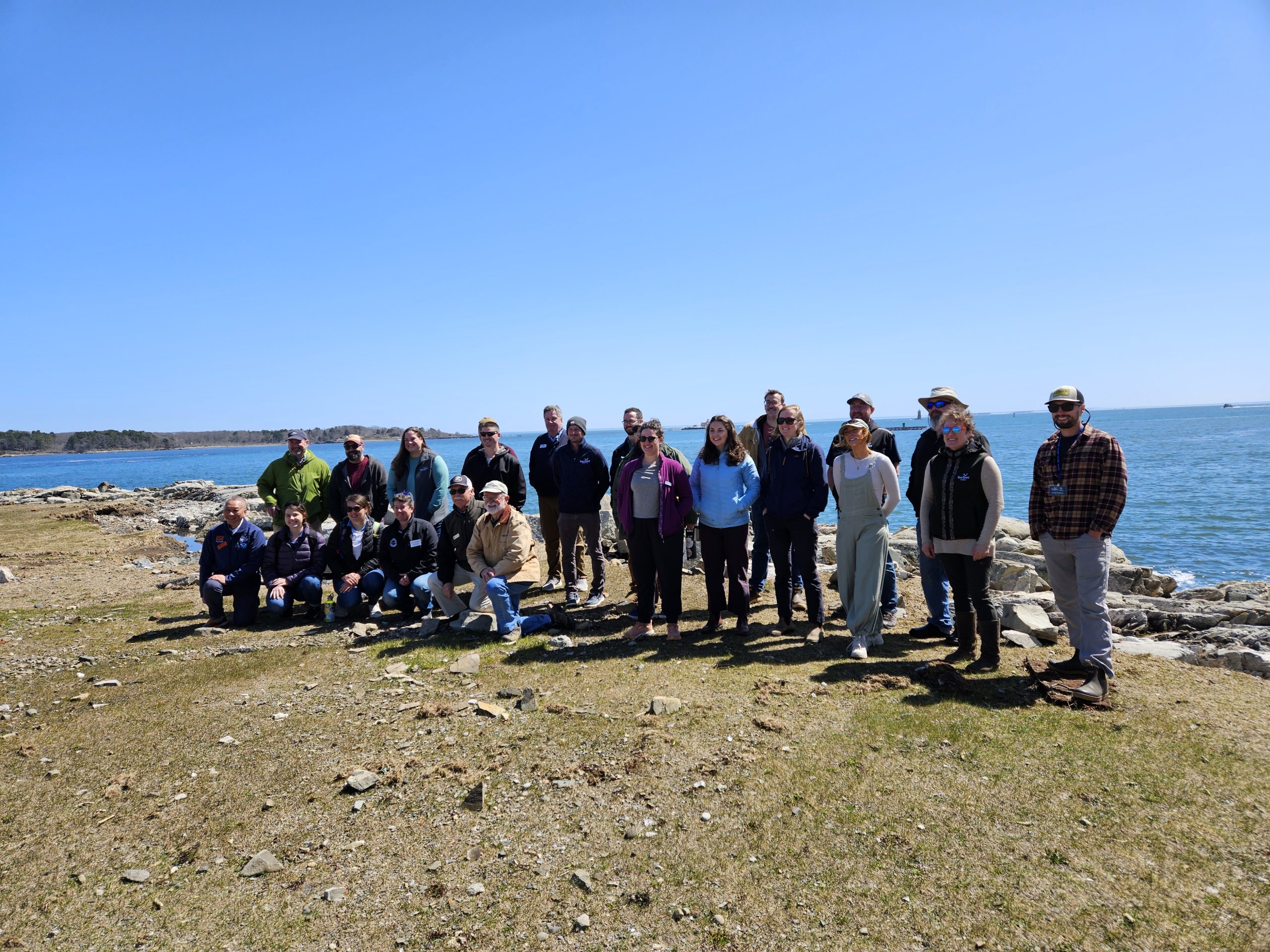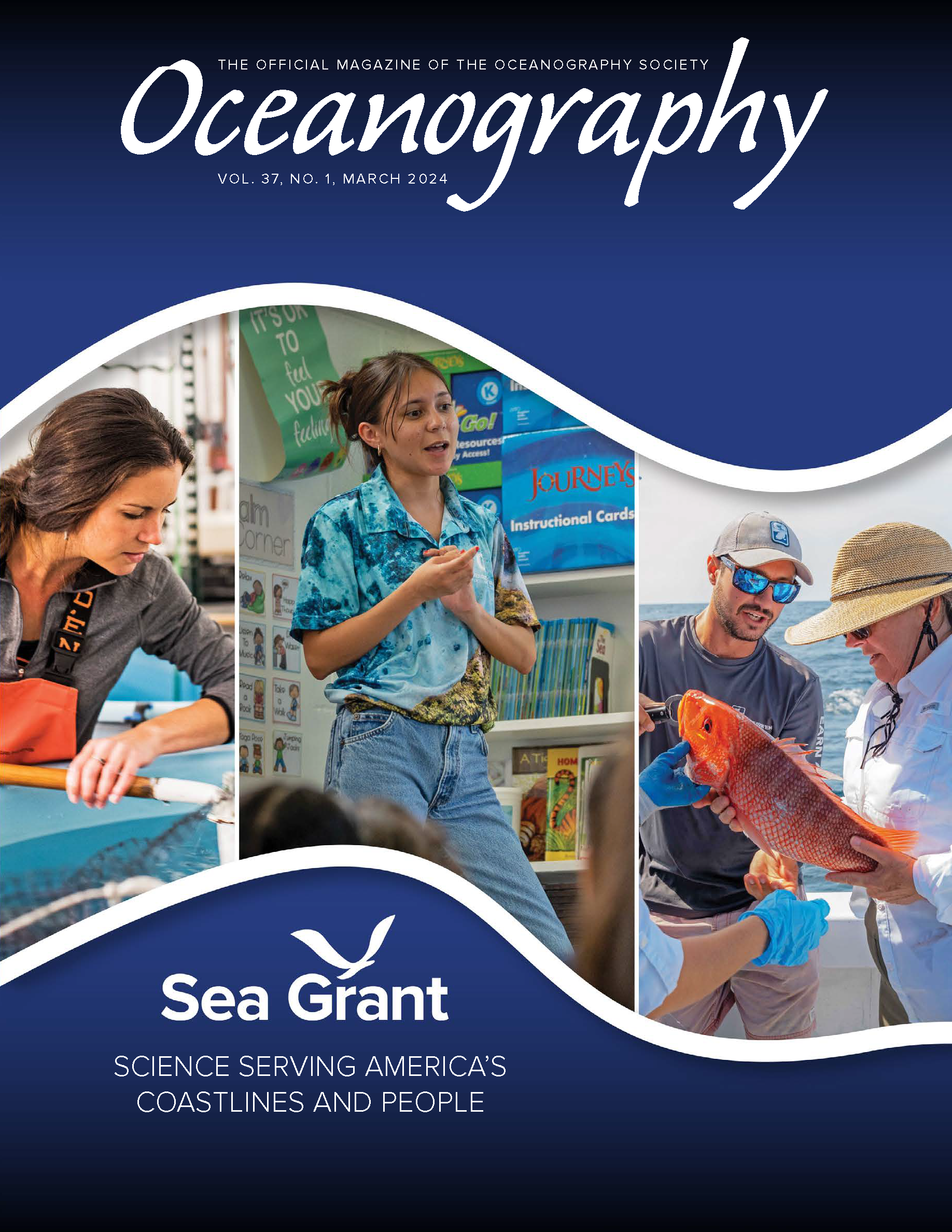Alaska Sea Grant Marine Advisory Program agent for the Prince William Sound region
Torie Baker is the Alaska Sea Grant Marine Advisory Program agent for the Prince William Sound region and is based in Cordova. As a MAP agent, she works with fishermen in marine safety training, business assistance and collaborative applied research. She is also a 20-year commercial salmon harvester in Prince William Sound, Copper River and Bristol Bay, and has worked extensively in Copper River salmon marketing initiatives. She holds a master’s degree in adult education from the University of Alaska Anchorage.
It’s Safe Boating Week, what is the one thing everyone needs to know about being safe while out on the water?
In Alaska and other northern locales, cold-water temperature (as low as 38 to 40 degrees even in summer months) is the safety game-changer. In addition, boaters in our region need to understand how weather, tides and remote travel intensifies the importance of planning, skill, communications and proper gear.
What is something cool you learned while working with commercial/recreational boaters?
I have a tremendous respect for the reciprocal assistance ethic in the commercial fleets – being alert and responsive to other vessels in distress is important. But also maintaining your equipment and training is paramount, too, because the boat that comes to your aid is, first, having to stop making a living, and, second, is putting their life, crew and equipment at risk. This code of conduct is engrained in the profession, and challenges everyone to keep up on their game.
What drove you to work on outreach within the boating community?
As a new fisherman some 25 years ago, I took a marine safety class taught by an Alaska Sea Grant agent. I remember seeing safety videos (also produced by Sea Grant) that opened my eyes to the bigger picture of marine safety: coldwater near-drowning, vessel fires and flooding, life raft deployment, signals. I heard personal survival stories from classmates, who were saltier than I would ever be. I knew I wanted to help pass on the legacy of marine safety to others. In addition to commercial fishermen, I help train youth, recreation and subsistence boaters, and researchers. It’s been especially gratifying to teach spouses and family members who often find themselves on family boats not fully understanding the practical implications of safety at sea.
How did you get involved with Sea Grant? When did you join Sea Grant?
I’ve been with Alaska Sea Grant for 11 years. I was exposed to extension services an early age because I come from a farming family. When I went to Alaska, my farming instincts led me to fall in love with the fishing lifestyle; I saw the same hard work, sense of community on and off the water, and a chance to work in this awe inspiring environment. Always involved in teaching and coaching, during graduate school, I interned on a Sea Grant project delivering seafood processor quality training. My masters thesis compared learning styles of self-employed persons, and in particular analyzing learning strategies of commercial fishermen by age-of-entry into fisheries (the so-called “born-into-it” vs. coming into fishing later in life). All of these threads fortunately led me to Alaska Sea Grant, and the wonderful colleagues and inspiring clients I get to work with everyday.
What is your favorite part about being a Sea Grant Extension agent?
Being in a position to help solve problems, and build capacity within individuals, communities and among organizations. My personal goal is to move every person who comes into my office for help one step ahead: Linking with others who can assist, filling in missing information, or asking a question or two that might move thinking in a different direction.
What is the biggest challenge you face at your job?
LaDon Swann of Mississippi Alabama Sea Grant challenged us at the first Sea Grant Academy to remember one the most important attributes of an extension agent is the ability to “anticipate” client needs. I’ve found that takes experience, strong partnerships and resourcefulness; thinking strategically also requires good time management, and the ability to listen deeply to what people are talking about.
What part of your job did you least expect to be doing?
Lately I’m assisting with annual reporting and impact tracking. There is a ton of exciting work being done by so many talented individuals in our program. Now that I’ve been with Sea Grant awhile, I really enjoy being a sounding board for colleagues, helping them clarify how they are structuring their work, and discovering impacts and accomplishments that may have otherwise gone unnoticed.
What’s at the top of your recommended reading list for someone wanting to explore a career in science?
Continuing with the marine safety theme, for researchers working in the north Pacific, Atlantic or Arctic, I suggest “Beating the Odds on Northern Waters: A Guide to Fishing Safety” by Susan Clark Jensen and Jerry Dzugan.
And how about a personal favorite book?
I have to go plural here. Being an amateur fisheries historian, Mark Kurlansky’s “Cod” and Dava Sobel’s “Longitude”. On my list currently is John van Amerongen’s biography of Trident Seafoods founder Chuck Bundrant, “A Deck Full of Dreams”.
Do you have an outside hobby?
I love hiking, snowshoeing and backcountry skiing.
What surprised you most about working at Sea Grant?
Discovering so many like-minded people in the Sea Grant networks with shared values about the importance and power of community, be it placed-based, cultural, professional, or digital.
Meet other Sea Grant Extension Agents working to help people be safe and sustainable boaters:
Louisiana Sea Grant Extension Agent Lauren Land
Mississippi-Alabama Sea Grant Consortium Peter Nyugen


